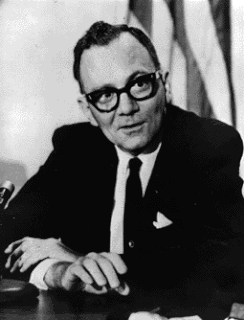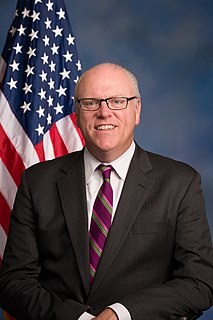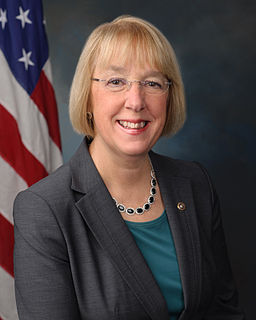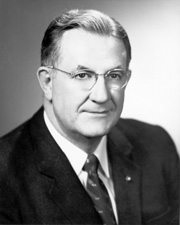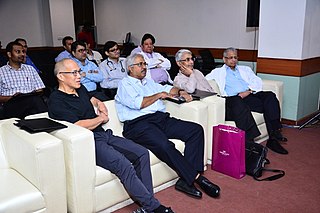A Quote by Dilip Shanghvi
Related Quotes
When the FDA forces an old drug off the market, patients have very little say in the matter. Patients have even less of a say when the FDA chooses not to approve a new drug. Instead, we are supposed to rely on the FDA's judgment and be grateful. But can the FDA really make a choice that is appropriate for everyone? Of course not.
Food safety oversight is largely, but not exclusively, divided between two agencies, the FDA and the USDA. The USDA mostly oversees meat and poultry; the FDA mostly handles everything else, including pet food and animal feed. Although this division of responsibility means that the FDA is responsible for 80% of the food supply, it only gets 20% of the federal budget for this purpose. In contrast, the USDA gets 80% of the budget for 20% of the foods. This uneven distribution is the result of a little history and a lot of politics.
FDA, which regulates the safety of vegetables, doesn't have those kinds of rules because Congress doesn't want it to. It's not that the vegetables themselves have anything wrong with them; it's that they're contaminated with animal manure. One of the rationales for a single food safety agency is that you can't separate animals from vegetables.
I think every doctor should know the shocking state of affairs...We discovered they (the FDA) failed to effectively regulate the large manufacturers and powerful interests while recklessly persecuting the small manufacturers. ...(The FDA is) harassing (small) manufacturers and doctors...(and) betrays the public trust.
I think that the FDA has not been able to catch some of these things as quickly as I expect them to catch and so we’re going to be doing a complete review of FDA operations. At bare minimum, we should be able to count on our government keeping our kids safe when they eat peanut butter. That’s what Sasha eats for lunch. Probably three times a week...



